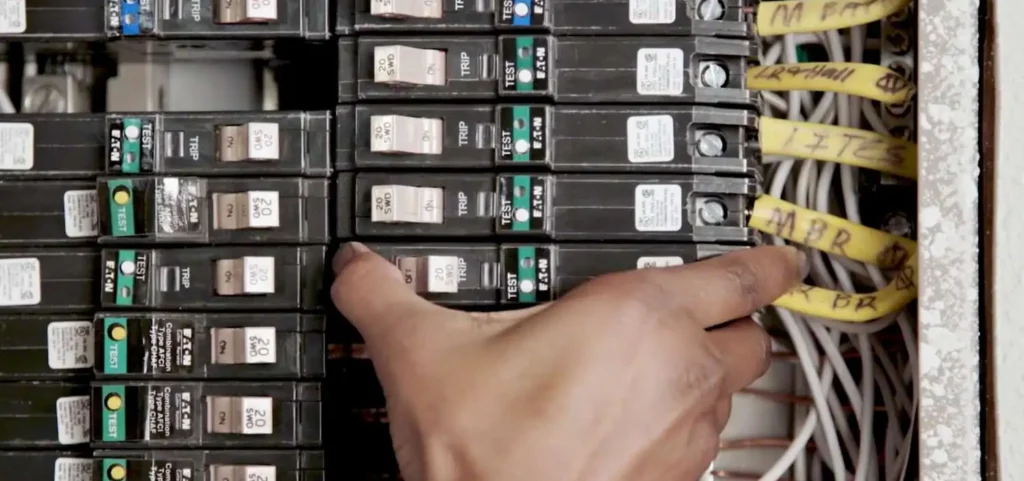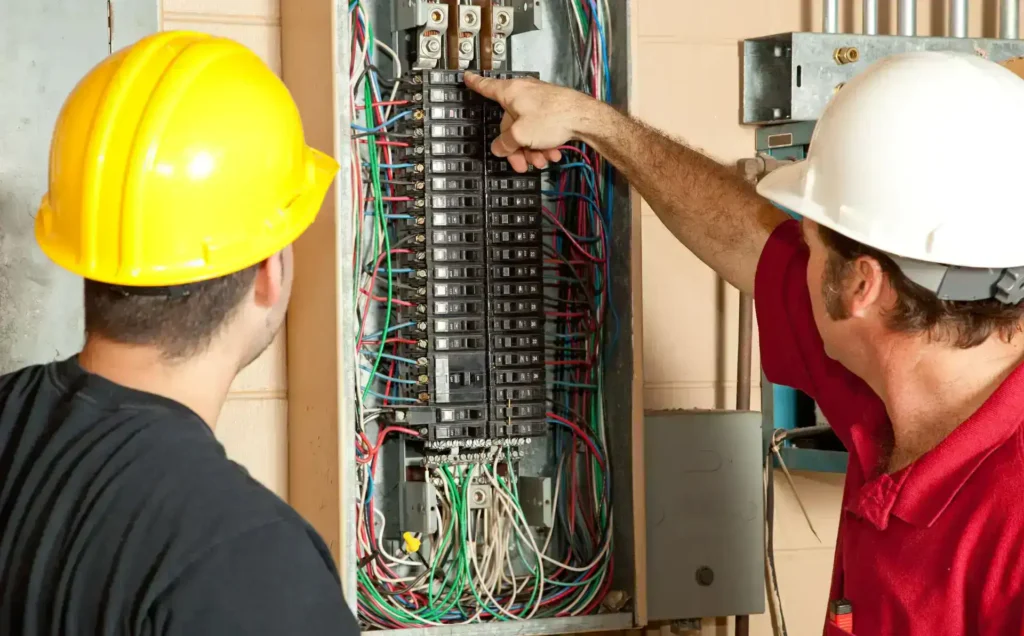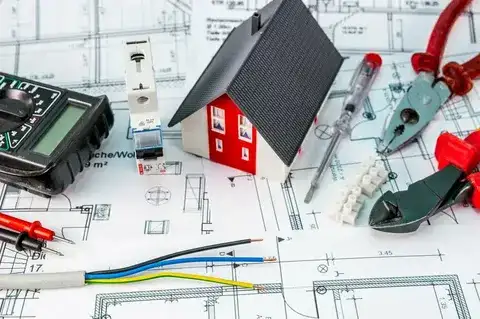Replacing a breaker is necessary for your house’s safety and security. Breakers control the flow of electricity and protect your home from electrical overloads or short circuits. If a breaker is worn out or keeps tripping, it might be need to replaced. A circuit breaker ensures the smooth flow of electricity in the house.
This guide will help you calculate the average cost to replace a breaker. We’ll also identify the costs of multiple types of circuit breakers. It is also important to calculate the rewiring cost. Remember to understand all factors before making a budget for replacing a breaker in your house.
Average Cost To Replace A Breaker

The average cost to replace a breaker can be between $100 to $260. Installing or adding a new circuit breaker switch costs $150 to $300. However, this cost can vary depending on the type, amps, circuit length, and labor cost. The cost can also vary with geographic location because the rates of material and labor are different in different locations.
Related: How Much Does an Electrical Panel Replacement Cost?
Costs of Multiple Types of Circuit Breakers
Usually, a circuit breaker costs $5 to $250. It may vary with the type, amps, number of poles, or circuit length. Most house breakers are 1-pole and 15 to 30 amps. Kitchens, laundry rooms, and heavy-duty appliances typically require 20- or 30-amp breakers.
Here is a table to show the costs of multiple types of breakers used in houses.
| Breaker Type | Average Cost |
| 1-pole, standard, 15 – 40 amps | $5 – $30 |
| 1-pole, standard, 50 – 100 amps | $10 – $40 |
| AFCI/GFCI protected circuit breakers | $20 – $150 |
| 2-pole, standard, 15 – 40 amps | $10 – $50 |
| 2-pole, standard, 50 – 200 amps |
$20 – $250 |
Note: These are exclusive of electric labor costs.
AFCI/GFCI Protected Circuit Breakers
AFCI (Arc-Fault Circuit Interrupter) and GFCI (Ground-Fault Circuit Interrupter) protected circuit breakers are special breakers designed to add extra safety to your home. AFCI breakers protect against electrical arcs that can lead to fires.
GFCI breakers, on the other hand, protect against ground faults that can cause electrical shock. These features make them a good choice for bedrooms, bathrooms, kitchens, and outdoor spaces. Some breakers combine both AFCI and GFCI protection to offer excellent protection against electrical issues and shocks.
Cost Breakdown
| Cost Factor | Average Cost |
| Replace standard 1-pole circuit breaker switch (15 to 100-amp) | $100 – $180 |
| Replace the 2-pole circuit breaker switch (50 to 200-amp) | $180 – $260 |
| Replace the main breaker switch | $200 – $600 |
| Install a new circuit breaker switch | $150 – $300 |
| Install a panel box to hold more circuits | $500 – $1,700 |
| Replace the entire circuit breaker panel box | $850 – $4,000 |
| Replace fuse box with circuit breaker panel | $1,100 – $4,000 |
Labor Cost
The electrician labor cost to replace a breaker is $50 to $130 per hour. Some electricians may also take consultancy fees, up to $100 to $200. However, this cost can vary with expertise and location. Replacing a breaker may take a maximum of 30 to 40 minutes. The time may increase if the new wiring is needed.
Cost to Rewire a Circuit Breaker
Sometimes, replacing a breaker also involves rewiring. Rewiring a circuit breaker costs $150 to $1,000. It depends on the wiring type, length, and whether the job requires opening walls and extensive drywall repair. Rewiring a house costs $2,000 to $10,000+. Homes with outdated or aluminum wiring often need rewiring to replace a circuit breaker.
Conclusion
The average cost to replace a breaker can be between $100 to $260. However, this cost can vary depending on the type, amps, circuit length, and labor cost. Homes with old wiring may sometimes need rewiring before replacing the breaker. It may cost around $150 to $1,000.
It is important to get quotes from multiple electricians to make an effective budget for your breaker replacement. Knowing the costs of breakers and labor will help you avoid extra finances.


